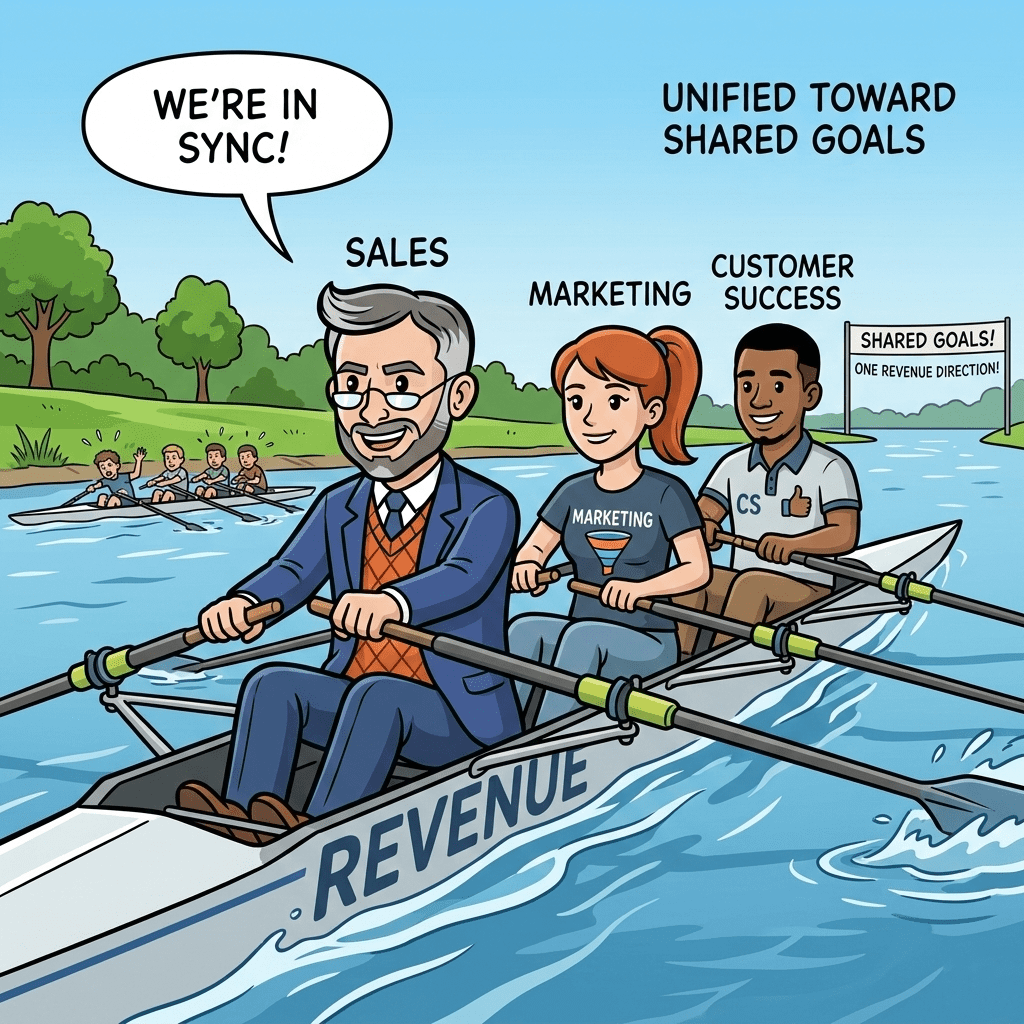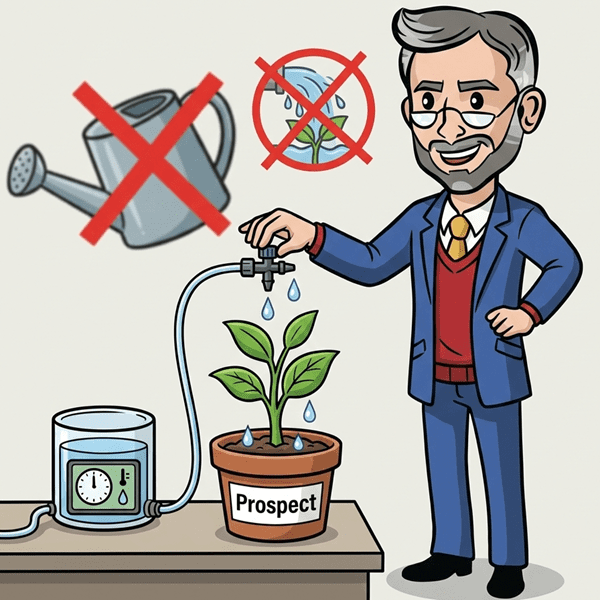Definition: Sales pipeline management is the process of organizing, tracking, and optimizing every sales opportunity as it moves through the different stages of the sales funnel—from lead generation to closed-won. It enables sales teams to prioritize high-value prospects, forecast revenue more accurately, and identify bottlenecks that slow down deal flow.
Effective pipeline management helps teams stay focused, consistent, and aligned—ensuring no opportunity falls through the cracks.
Use in a Sentence: By improving their sales pipeline management, the team shortened the average sales cycle by 22% and increased quarterly forecast accuracy.

Why Sales Pipeline Management Matters
- Forecasting Accuracy: Gives clear visibility into revenue potential.
- Deal Prioritization: Helps reps focus on the most promising leads.
- Process Optimization: Identifies where deals get stuck and why.
- Team Accountability: Makes it easy to track performance by rep or region.
- Revenue Growth: Ensures a steady, predictable flow of deals through the funnel.
Key Elements of Pipeline Management
| Component | Purpose |
|---|---|
| Pipeline Stages | Define steps like discovery, demo, proposal, and closing |
| Deal Scoring | Qualify and prioritize opportunities based on potential |
| Activity Tracking | Monitor rep tasks, emails, and calls for each deal |
| Pipeline Hygiene | Regularly clean outdated or inactive opportunities |
| CRM Integration | Use tools like HubSpot, Salesforce, or Pipedrive for visibility |
| Reporting & KPIs | Track metrics like win rate, sales velocity, and deal age |
More Definitions & Related Blogs
Explore more sales growth strategies from Sales Funnel Professor:






















